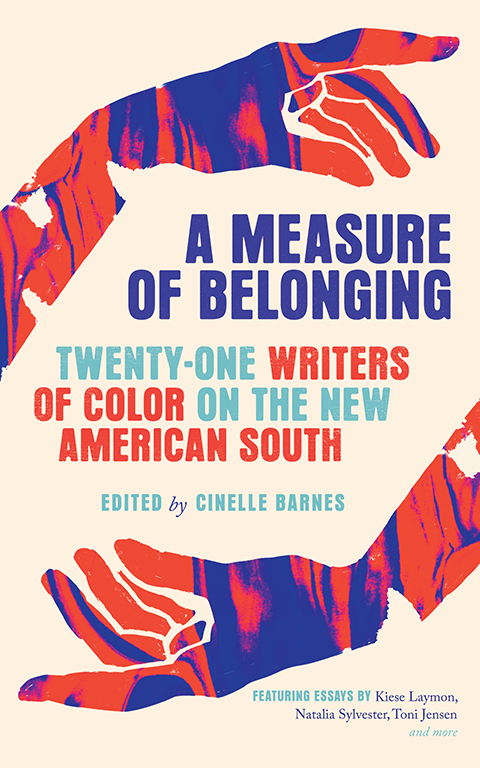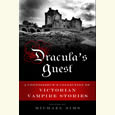Damaged Goods
In Colm Tóibín’s Long Island, an Irish immigrant returns home to pick up the pieces of her life
Colm Tóibín, a novelist known for his patient portrayals of quiet lives, begins his new novel with a bombshell. On the first page of Long Island, Eilis Fiorello, née Lacey, finds out that her husband Tony has impregnated another woman. Further ratcheting up the stakes, Eilis receives this news from the pregnant woman’s husband, who has no intention of keeping a child who isn’t his. “So as soon as this little bastard is born, I am transporting it here,” the aggrieved husband tells Eilis. “And if you are not at home … I’ll leave it right here on your doorstep.”

In short order, Eilis (pronounced Eye-lish) confronts Tony, who confesses to being responsible. Eilis then delivers an edict: “There are no circumstances under which I am going to look after a baby. It is your business, not mine.” When Tony hedges about the child, Eilis announces that she is going to visit her mother in Ireland, where she hasn’t been in 20 years, and their children will follow soon after. They will be far away when the child is born, giving Tony the opportunity to handle the quagmire on his own. If their home is free of foundlings when Eilis returns, their marriage may continue; if she detects the mewling of a newborn anywhere on their suburban cul-de-sac, which is filled with Tony’s Italian family, she will leave him and take their (legitimate) children with her.
Long Island is a sequel to Tóibín’s Brooklyn (2009), in which Eilis immigrates to New York and settles down with Tony, a plumber who seems grounded and stable. The new novel takes her back to the Irish village, Enniscorthy, where long ago she fell in love with a local man, before circumstances forced her to leave. Sleeping once again in her mother’s house, a place unchanged by the intervening decades, Eilis can’t help but wonder if she chose the wrong path then. Maybe now, with her marriage on the brink of collapse, she has a second opportunity at genuine happiness.
 Once the story moves to Ireland, Tóibín rotates the narrative focus among Eilis and two other characters. Her old friends, themselves in the muddle of middle age, have complicated lives of their own. Nancy Sheridan, a widow for the past five years, runs a successful chip shop and is preparing for her daughter’s wedding. Eilis’s erstwhile boyfriend, Jim Farrell, who has inherited his father’s pub, remains single, in large part due to having his heart broken by Eilis. Tóibín offers glimpses into each of their private lives, laying competing claims to our sympathies, even when they make dubious choices.
Once the story moves to Ireland, Tóibín rotates the narrative focus among Eilis and two other characters. Her old friends, themselves in the muddle of middle age, have complicated lives of their own. Nancy Sheridan, a widow for the past five years, runs a successful chip shop and is preparing for her daughter’s wedding. Eilis’s erstwhile boyfriend, Jim Farrell, who has inherited his father’s pub, remains single, in large part due to having his heart broken by Eilis. Tóibín offers glimpses into each of their private lives, laying competing claims to our sympathies, even when they make dubious choices.
Tóibín constructs the novel around a series of dichotomies, most prominently the divide between America and Ireland. Eilis’s hometown seems at first to be stuck in the past: Little distinguishes Enniscorthy of the mid-1970s from the last time Eilis saw it in the ‘50s, whereas in New York new suburbs pop up semi-annually. Mrs. Lacey accentuates the divide by declaring “she didn’t want to hear another word about America.” “Every time I turn on the television, I hear Americans laughing at something that’s not even funny,” she says. But the proud Irish woman, nearing 80, allows American appliances into her home and near the end is excited about flying to New York to see her grandchildren in their native habitat.
Other contrasts similarly break down, notably the ethical dilemma about Eilis’s primary responsibility: Must she put her family first, or can she determine what is best for herself? The easiest path, she knows, is to do what is expected of her. “It occurred to Eilis that if she stopped thinking about herself and what she wanted, then everything would fall into place,” she thinks. Letting outside forces control her choices, though, has led to regrets in the past. Plus, the clock is ticking. As one of Jim’s patrons puts it, Eilis is already “damaged goods.” If she is going to start life anew, she must do it now.
Tóibín reveals his characters as multi-faceted, unpredictable even to themselves. In one scene, Eilis dismisses her husband as an afterthought, and in the next she rhapsodizes about Tony playing with their children and winking at her with his special glint. Nancy appears selfless and conscientious, but when another woman moves in on the man she loves, Nancy retaliates with the focused fury of a raptor.
What Eilis learns in Long Island, much as she discovers in Brooklyn, is that she can open herself to new possibilities only by foreclosing others. The demands of being a wife and mother, the pull of sexual desire, the appeal of home, the excitement of adventure, one’s duty toward tradition, one’s openness to change — every step Eilis takes alters the formula. Still, as Eilis learns, making hard choices is far preferable to allowing others to choose for you.

Sean Kinch grew up in Austin and attended Stanford. He earned a Ph.D. from the University of Texas. He teaches English at Montgomery Bell Academy in Nashville.


